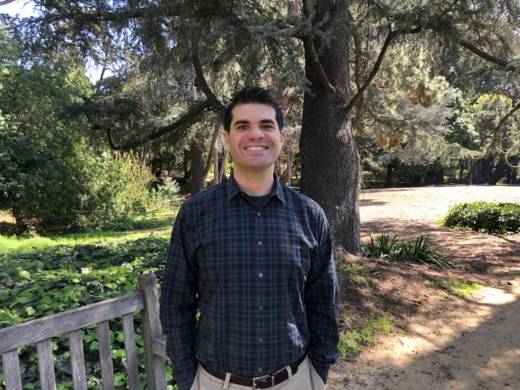This story is part of a weekly series of profiles of candidates running for the 15th Assembly District. You can see all the profiles and news about this race here.
No legislative primary in California is as crowded as the June election for an open State Assembly seat in the East Bay. The final list of candidates in the 15th District, certified by the Secretary of State on Thursday, runs twelve names long.
Among them are candidates with experience as council members, vice mayors, and time on local school boards. Only one, Andy Katz, has represented nearly all the cities in the district, in his role on the East Bay Municipal Utilities District board of directors.
"I've represented Ward 4 for 12 years, ensuring that we have a clean and safe, reliable water supply," Katz said. "And that we protect our environment where we get our water from."
But compared to time on a city council, serving on a water board offers fewer opportunities for resident interaction, media exposure, and experience on the kind of issues that tend to draw, and keep, voters' attention.

